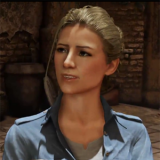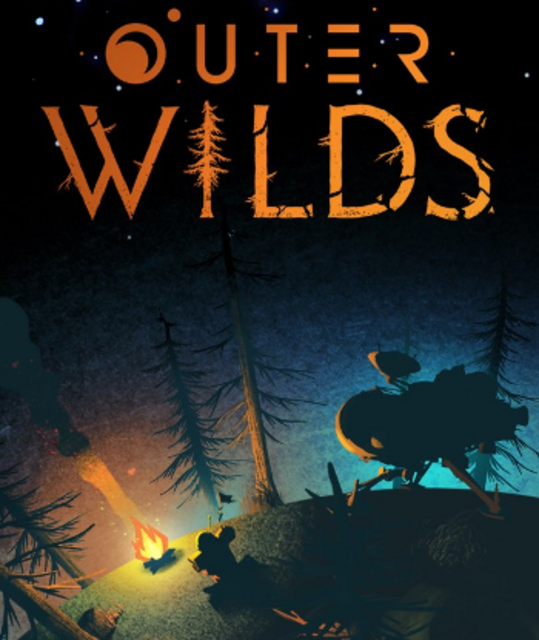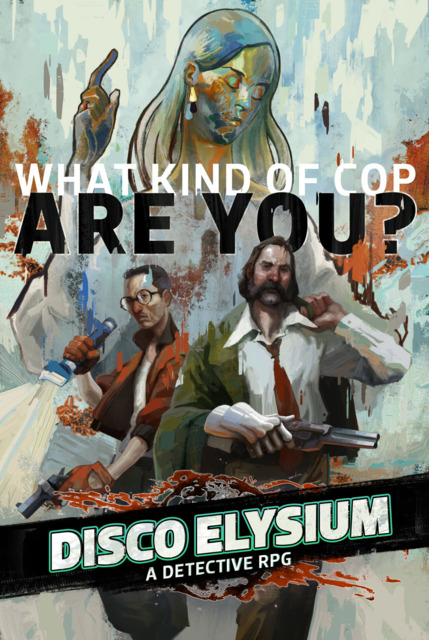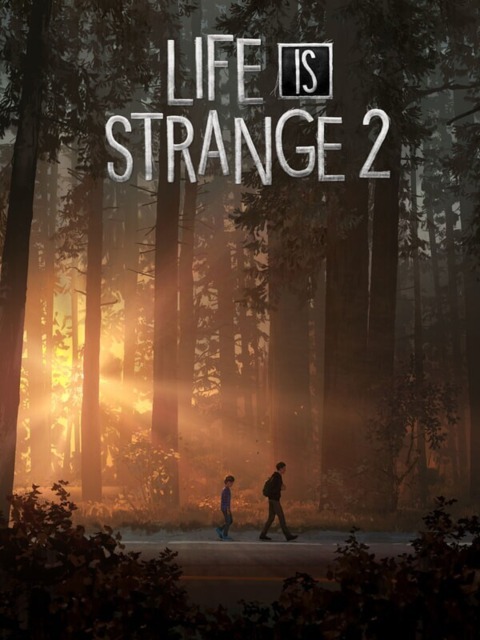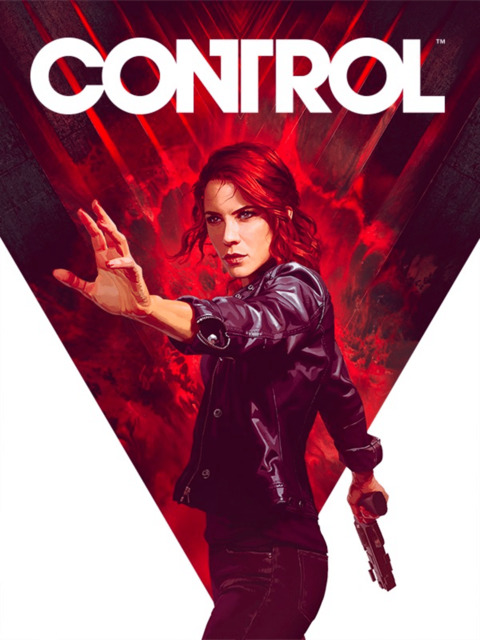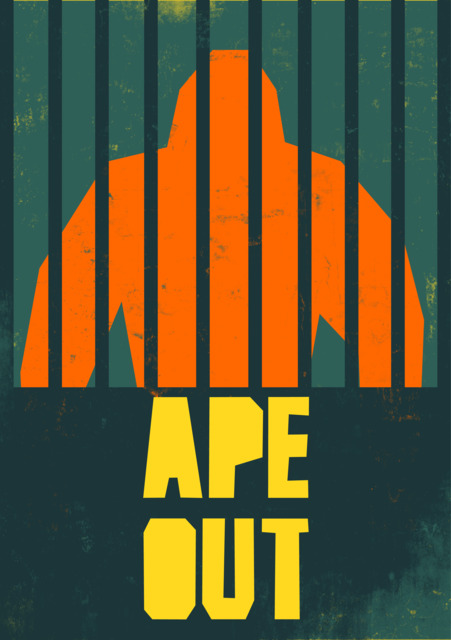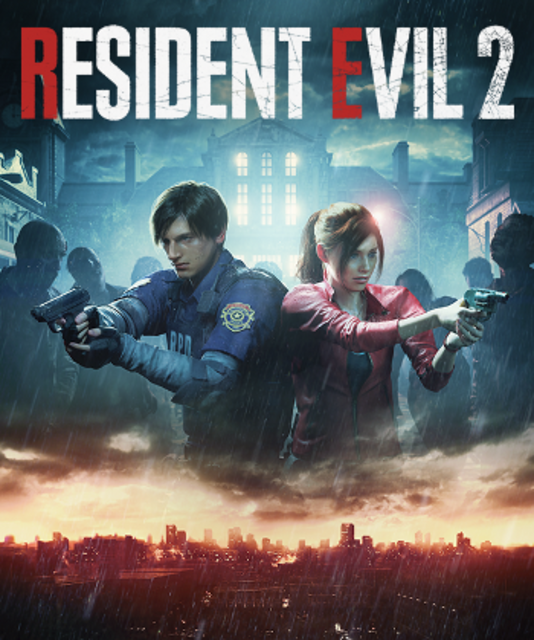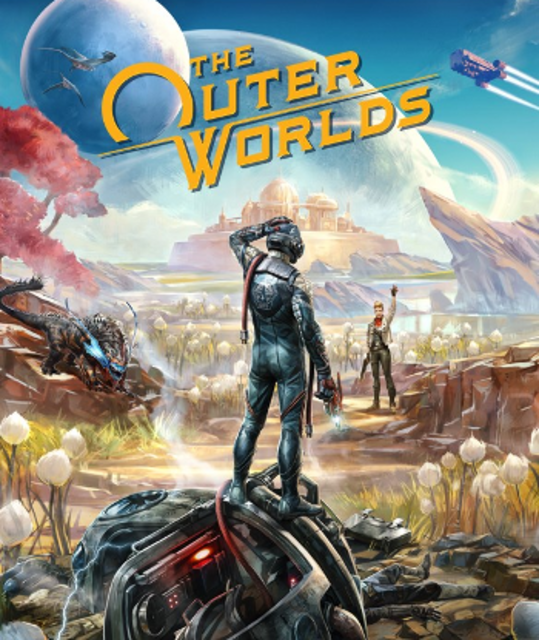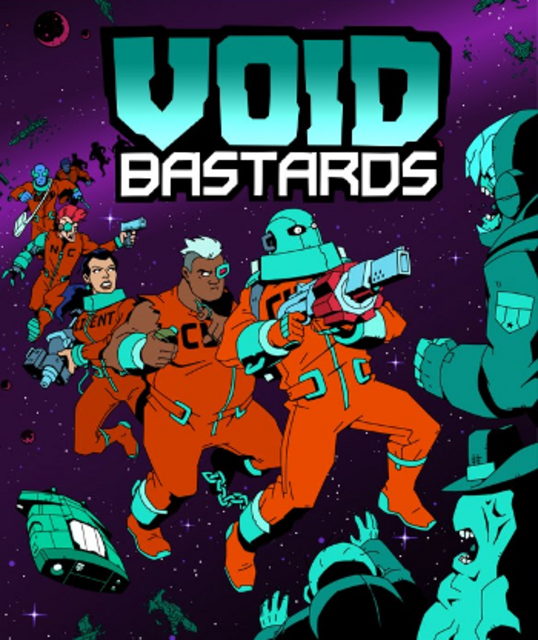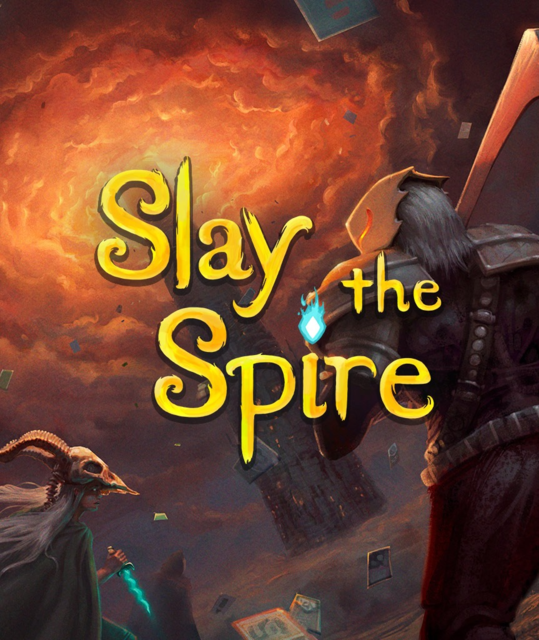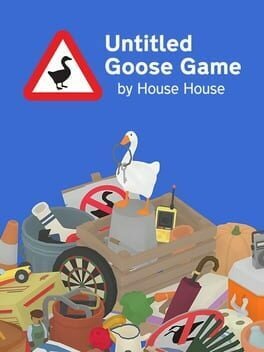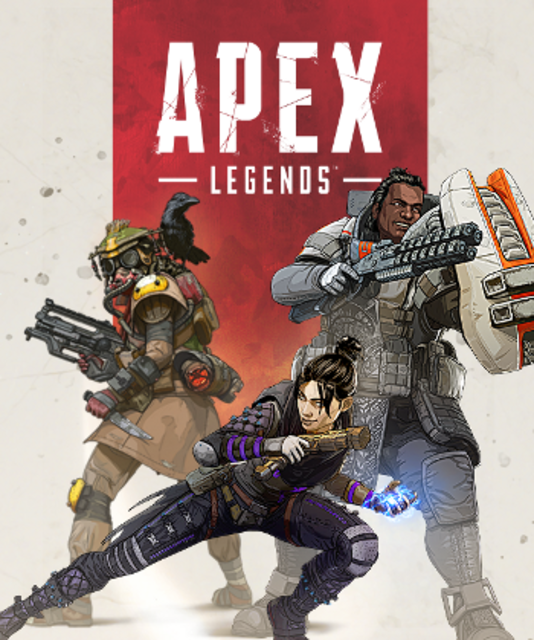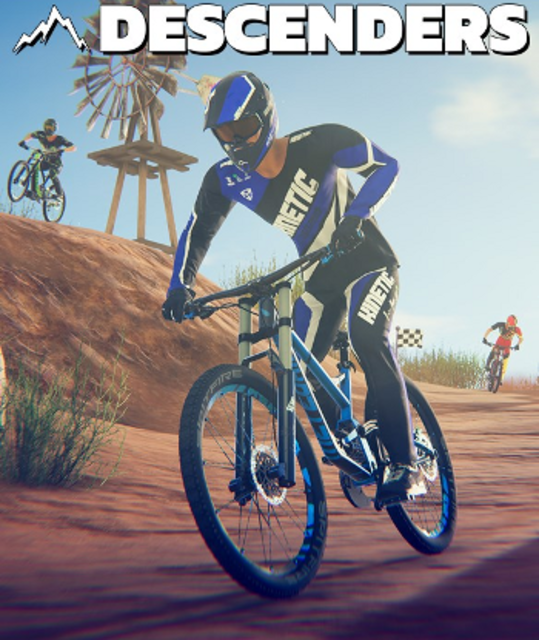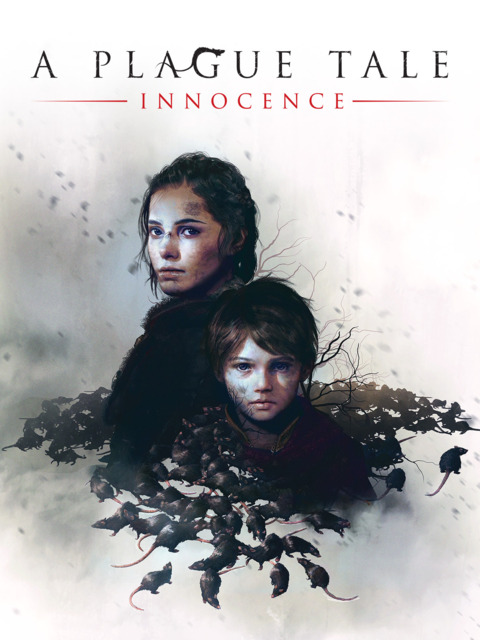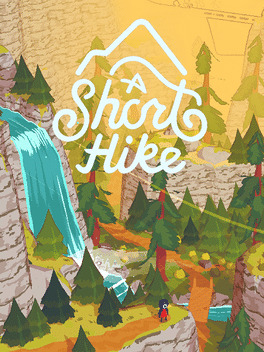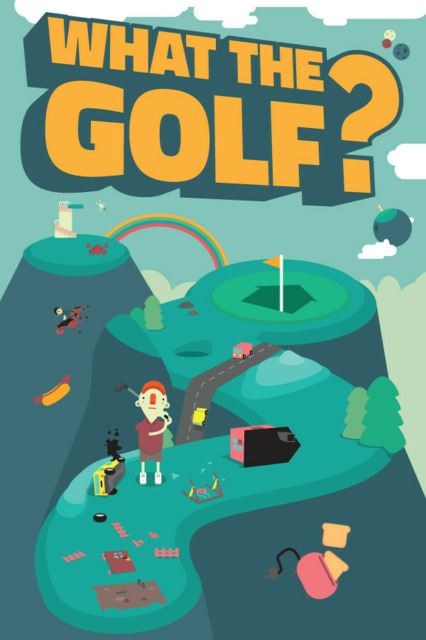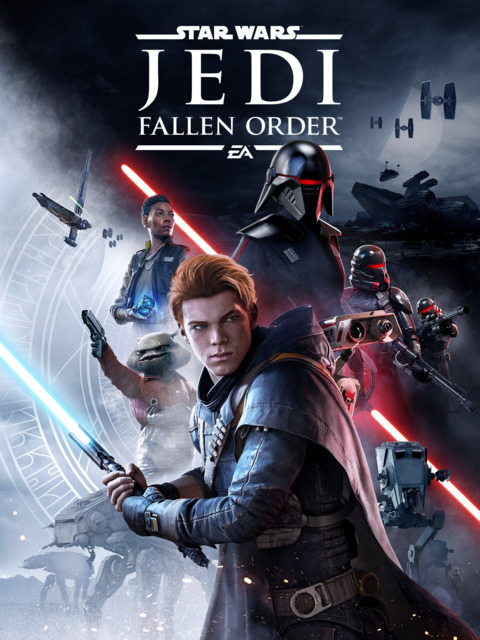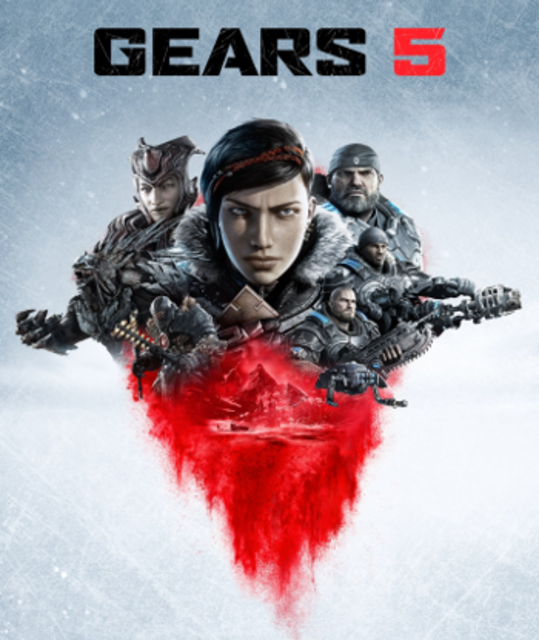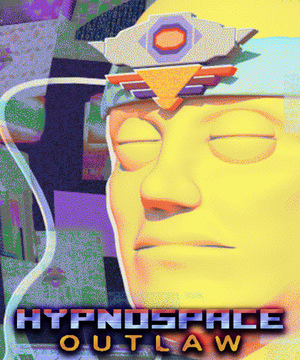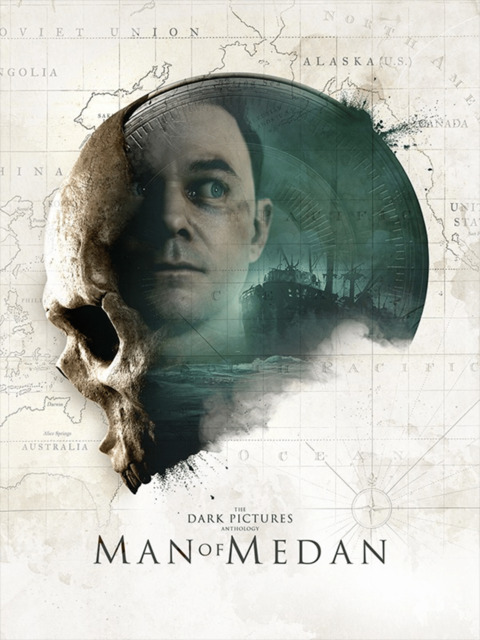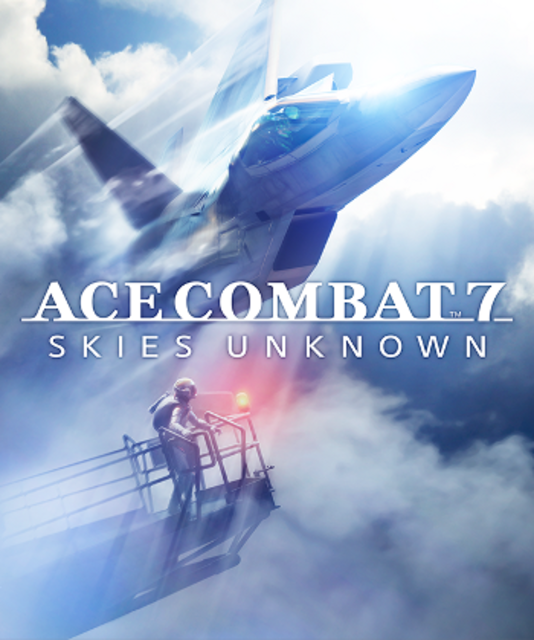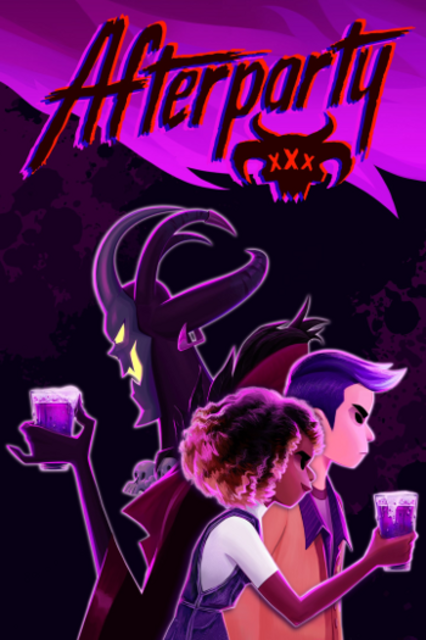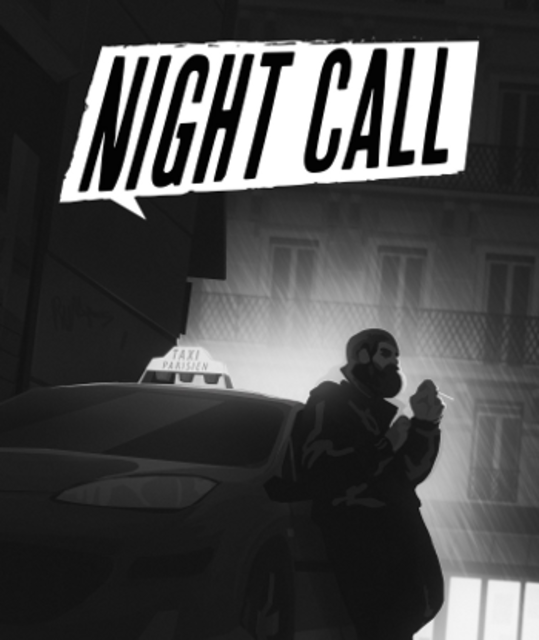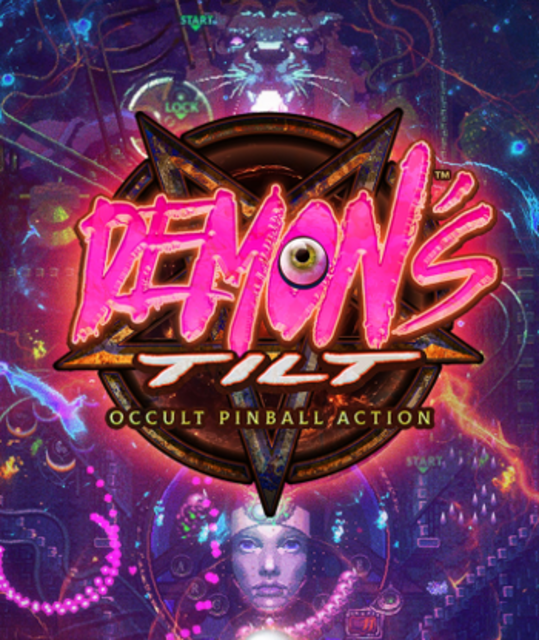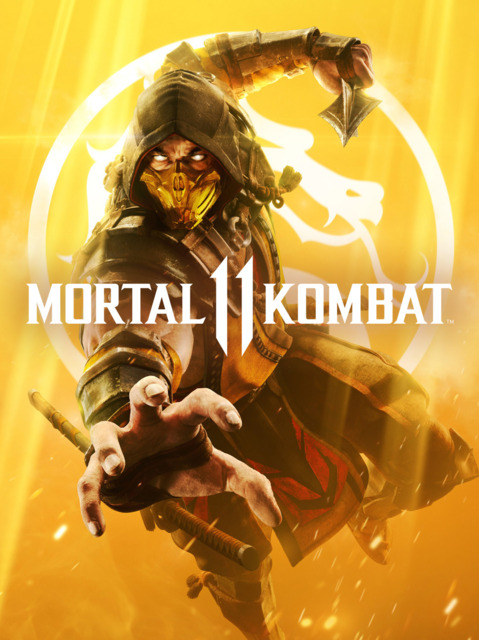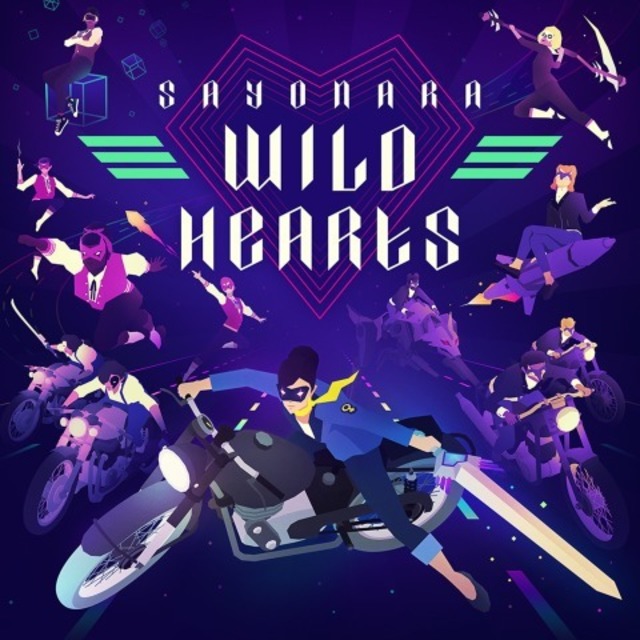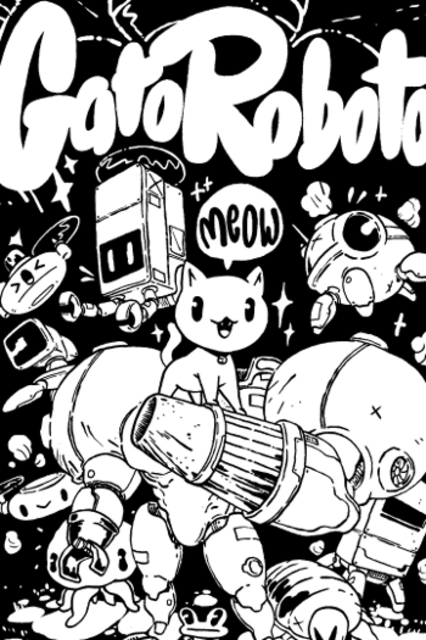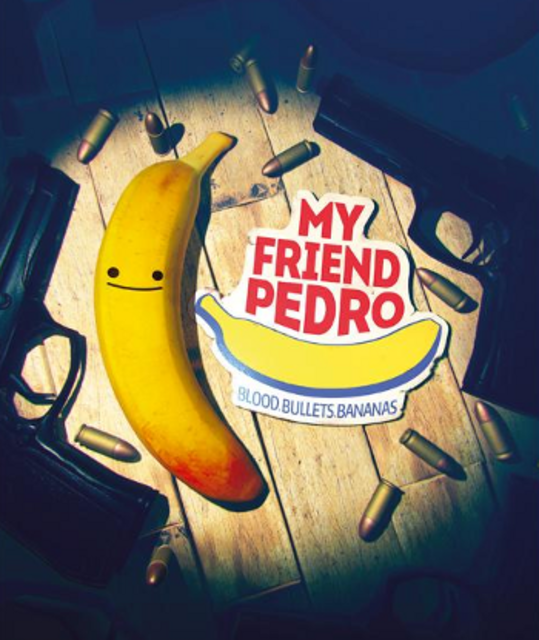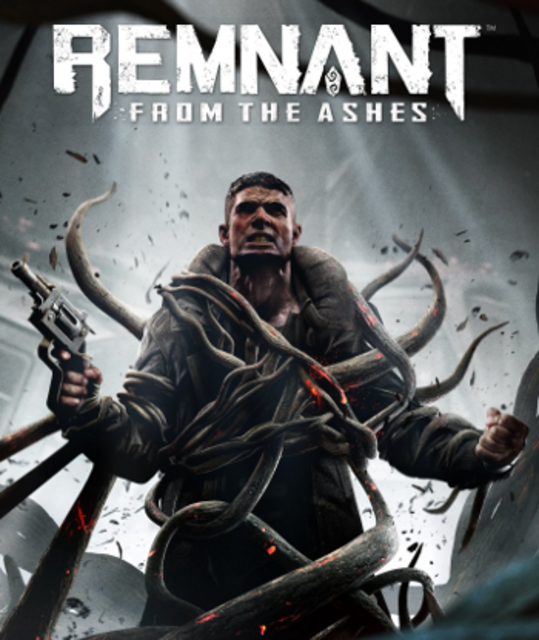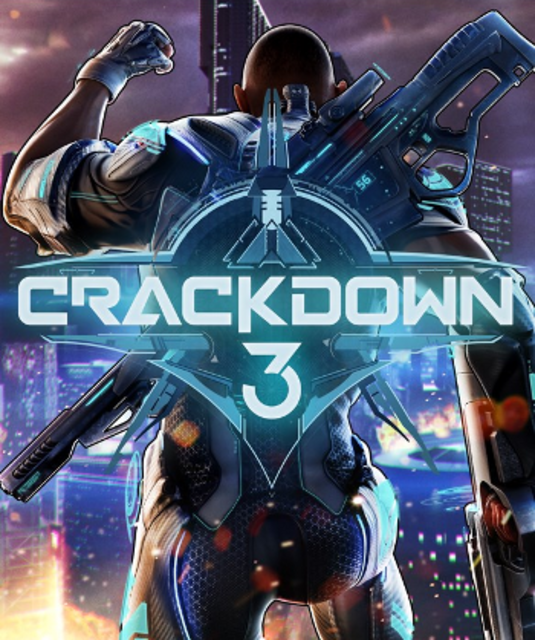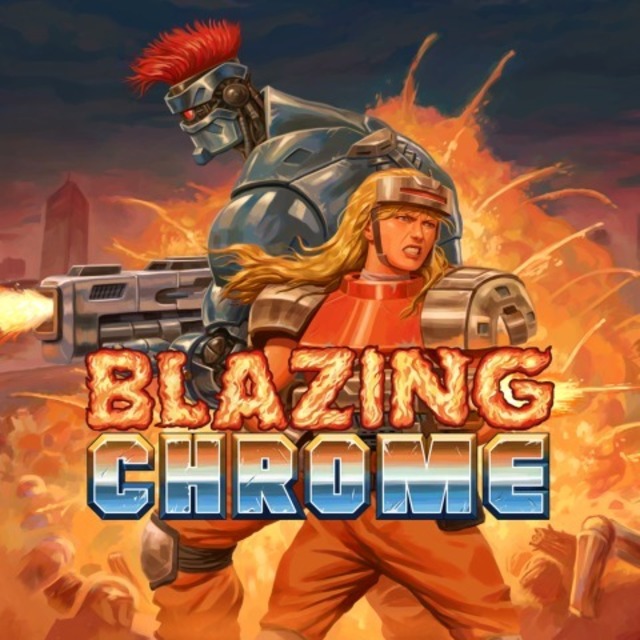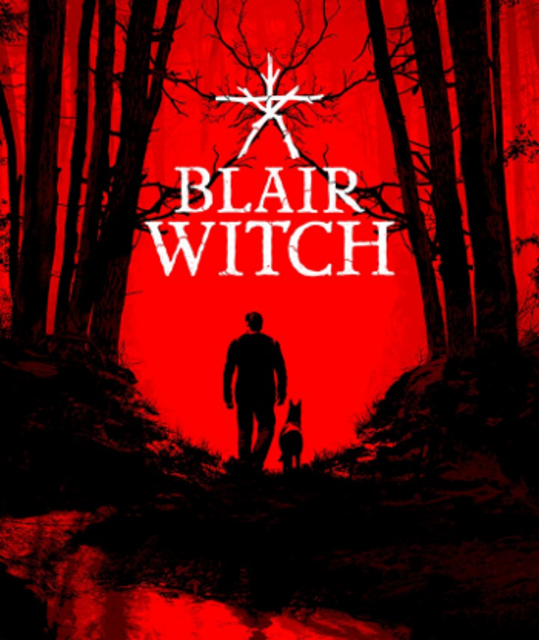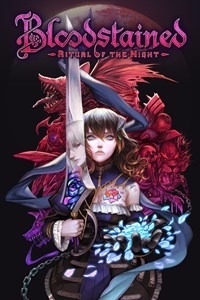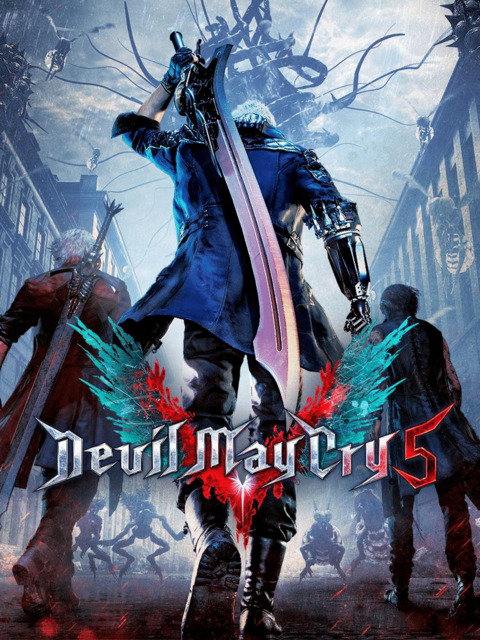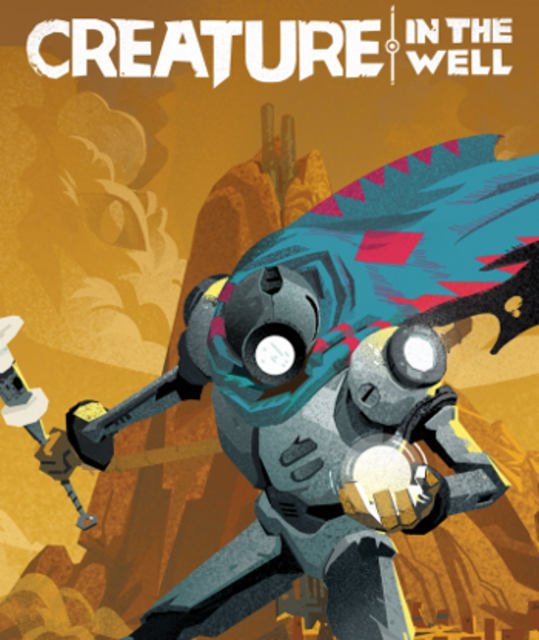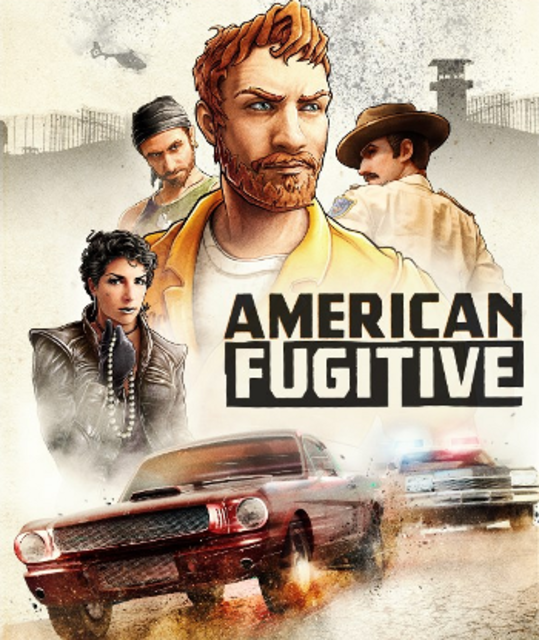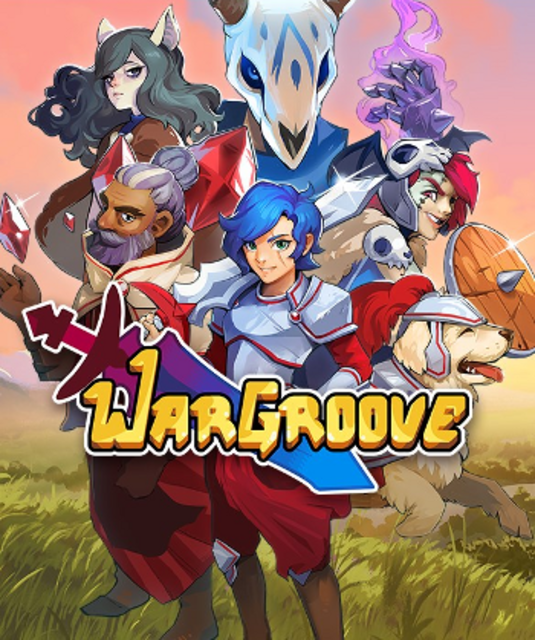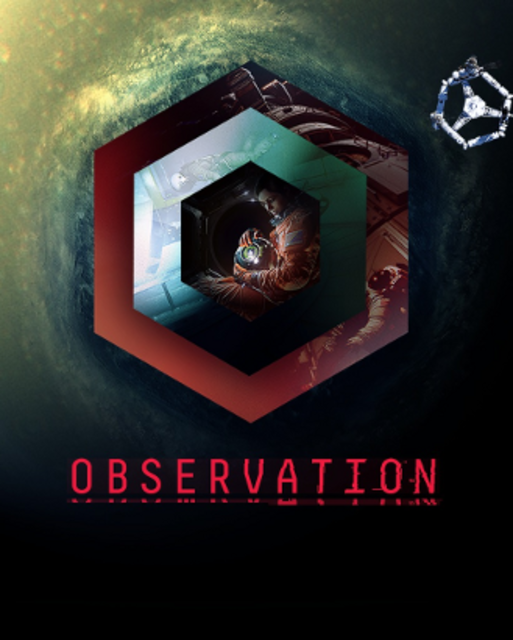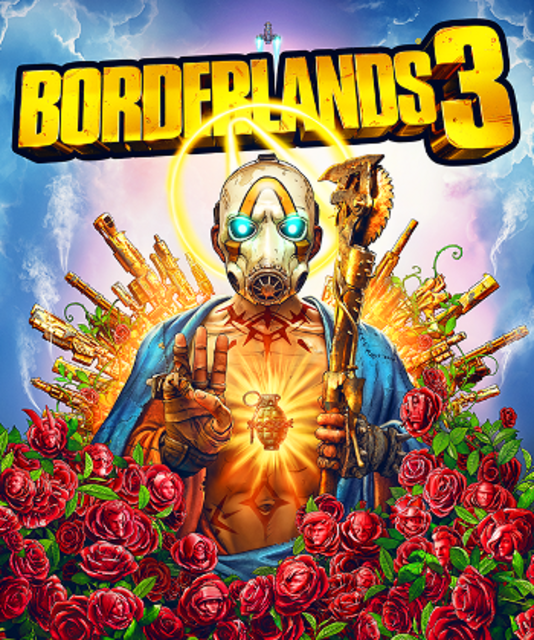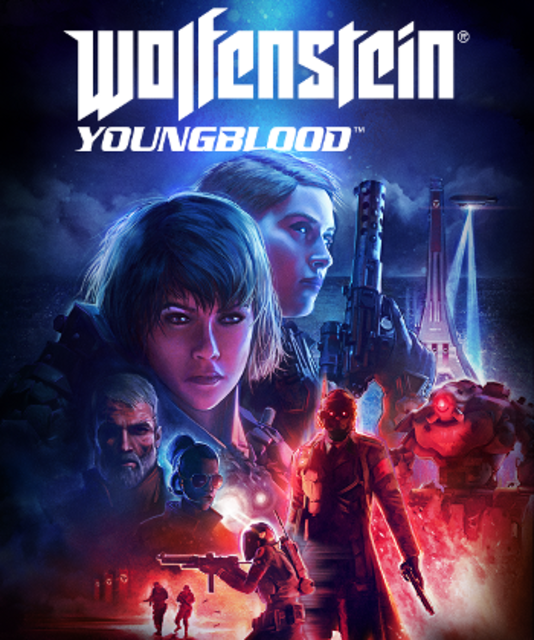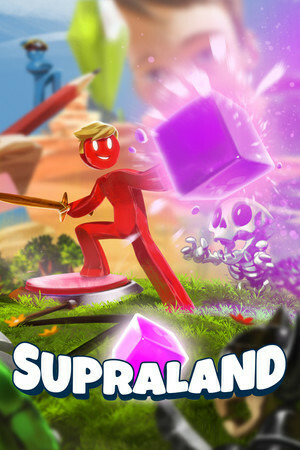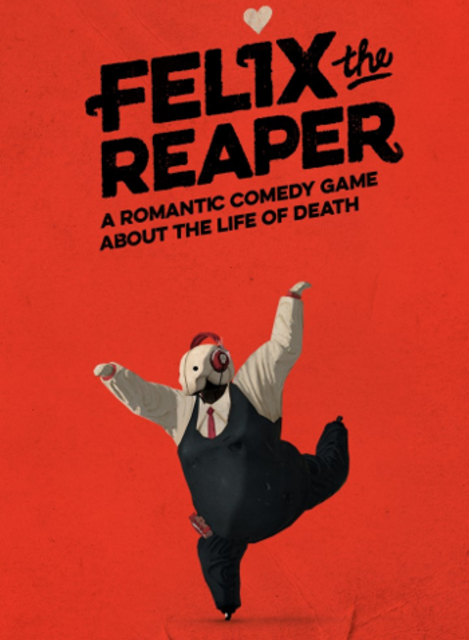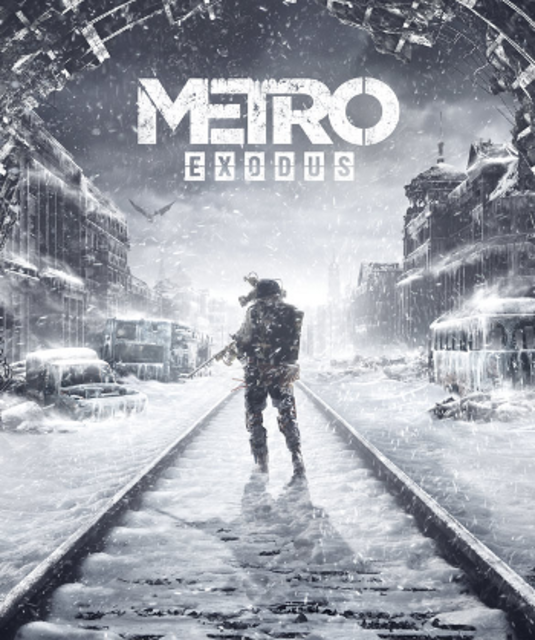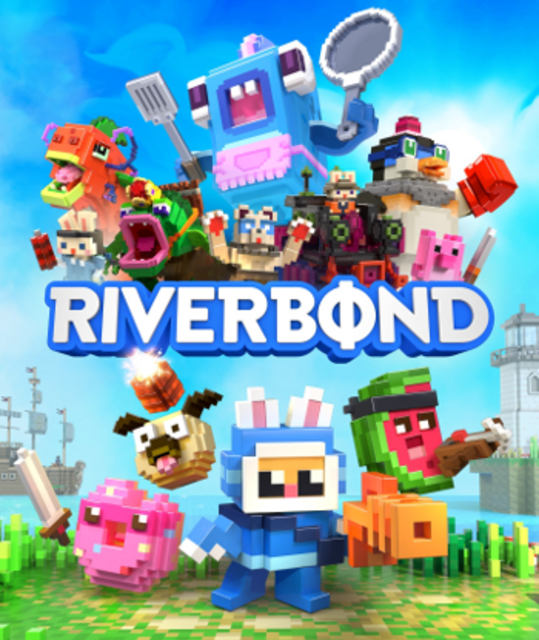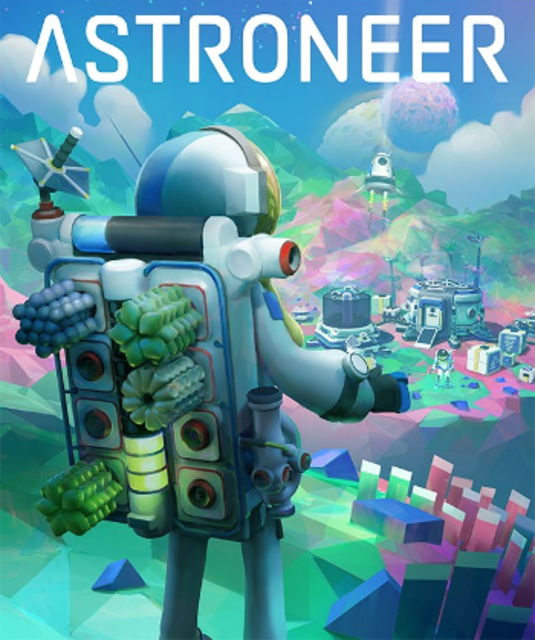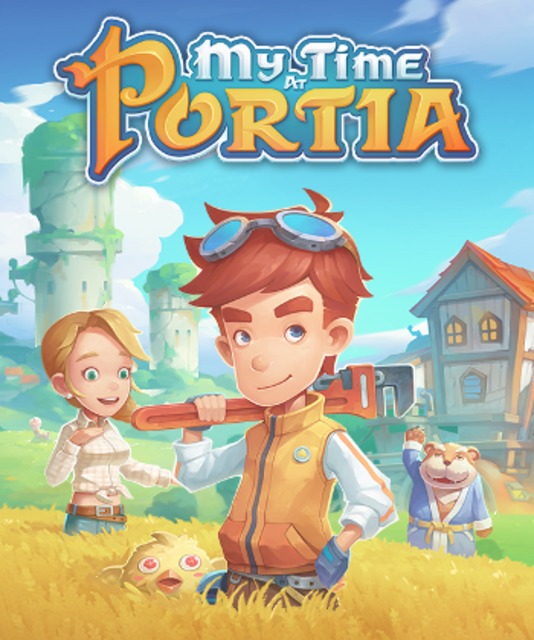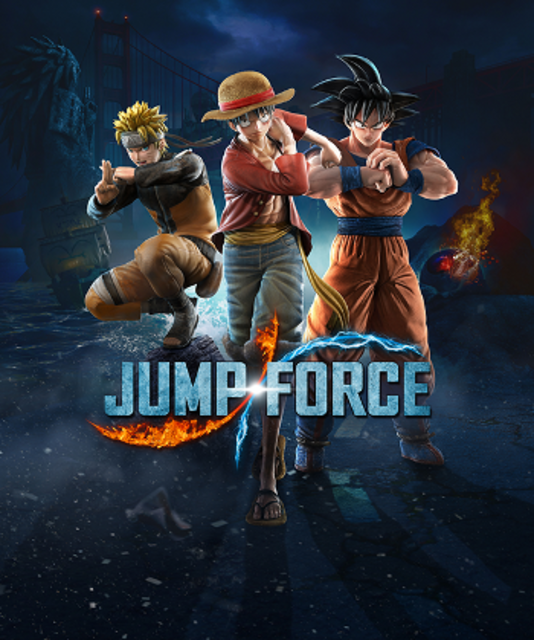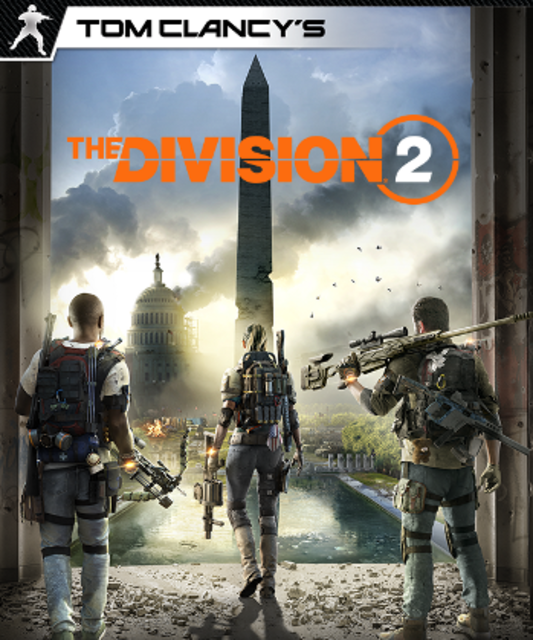A Plague Tale, in short, is the product of adaptation and expansion. It is a spiritual successor to The Last of Us, taking that game's narrative and design premise and doubling down on all of its systems: more crafting, more apocalyptic plague, more gorgeous vistas, more vulnerability between the protagonist and the defenseless youth at the heart of the story. More importantly, it re-contextualizes The Last of Us, taking the basic outline of that story, removing it from its prestige TV genre, and re-framing it as a Young Adult Fiction-esque dystopic coming-of-age story. In so many ways A Plague Tale is the result of adaptation, but because of it's radically different narrative, it is also more hopeful, more expansive, and more nuanced take on a similar narrative.
This difference of perspective between A Plague Tale and The Last of Us ripples through the entire game experience. Nihilism is The Last of Us' baseline ideological perspective. In either the first or the second The Last of Us, violence is a perpetual, unchangeable element of the game world. It is almost always purposeless. The game tasks you with killing looters, gangs of survivors, whoever, because that's just what you do in the hard scrabble world of The Last of Us. You kill. To hammer the point home, victims of the player's violence in The Last of Us 2 plead for their lives and mourn their fellow NPCs as you slaughter them. The Last of Us doesn't question the Hobbesian premise of 'all against all' whatsoever, but it *does* think you should feel guilty about the violence the game feels is inevitable, so rather than give the player the tools to prevent violence it demands the player *languish* in that violence. The game's perspective is that the characters in its world *must* commit horrific acts of violence, but that they should also feel damned for their violence.
A Plague Tale also presents the player with a hopeless world of death and pointless slaughter, but being a grim YA narrative, it features one crucial difference between itself and The Last of Us: the characters in its world all care about something. The primary cast believe in a world beyond violence; more poignantly, they regret the violence they commit, in an active and even mournful way. A Plague Tale gives space for its characters to express their individual perspectives, their hopes for a future, and that resolves the potential tension between game mechanics and narrative. In The Last of Us, you're meant to languish in violence, but the violence is also supposed to be fun and engaging. In A Plague Tale, avoiding violence is just as fun, compelling, and meaningful as the combat. There is, always, technically a choice - when characters in A Plague Tale voice their regret after a battle, it's easy to believe them.
The difference in each game's plague, too, feels important. In The Last of Us, the world is beset by a mycological zombie virus, reducing human beings who get infected with it to mindless animals with mushroom heads. In A Plague Tale, the plague is an ocean of vicious, unkillable, insatiable rats. They're less a hoard of animals so much as they're a liquid, an *ocean* of death which permeates and drowns the game's villages and castles. A Christian cult takes advantage of the plague to seat themselves as the supreme authority of the nation, liberally stealing from the remaining populace and barricading themselves within the safe haven of a massive cathedral. As such, the plague in A Plague Tale is a naturally occuring phenomenon that needs to be navigated via logistics - like The Last of Us, the 'plague' isn't really the primary antagonist of the game. Unlike The Last of Us, in which the final antagonist, as it ends up, was bureaucracy and local government, the primary antagonist of A Plague Tale is religious authoritarianism, and the asocial fear of other engendered by that authoritarianism.
At the end of the day, A Plague Tale offers a bit more to think over after the credits role than The Last of Us. It's to the game's detriment that its stealth mechanics can't quite match up with the elegance of The Last of Us' manic struggle for survival. While A Plague Tale;' puzzles are ultimately much more satisfying to solve than anything offered in The Last of Us, A Plague Tale relies on trial-and-error gameplay that hamper much of the active combat and stealth sequences. It's a shame, too - a little more fine tuning, a little more flexibility in the game's stealth systems, and A Plague Tale would've come dangerously close to outperforming one of the most unkillable titles in the entire industry.
